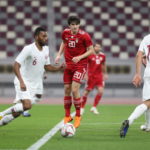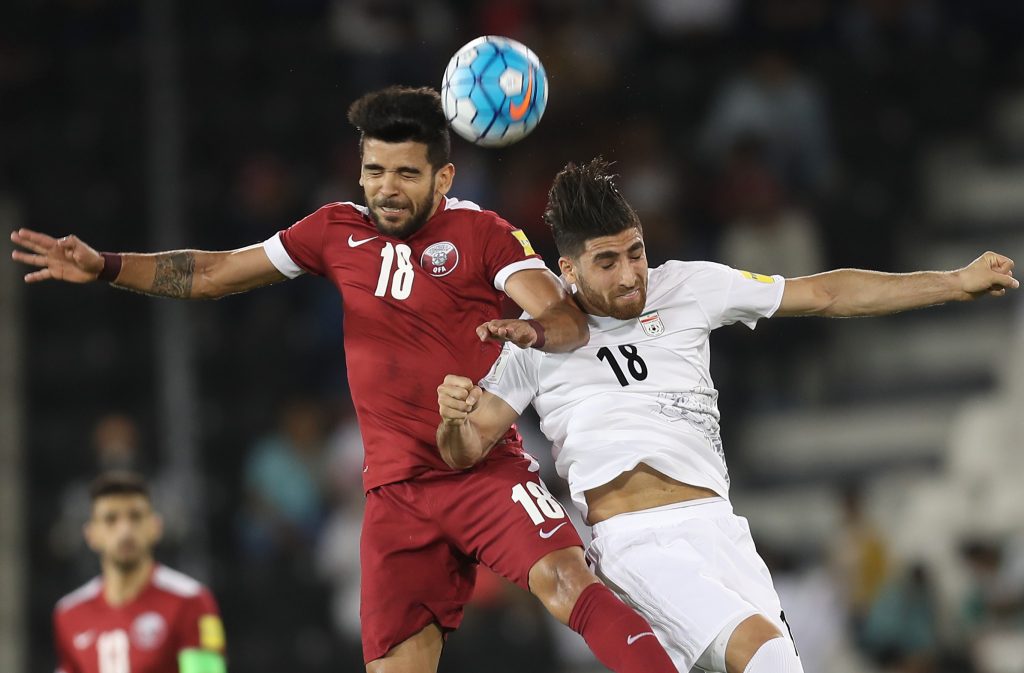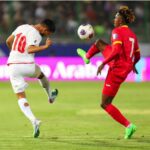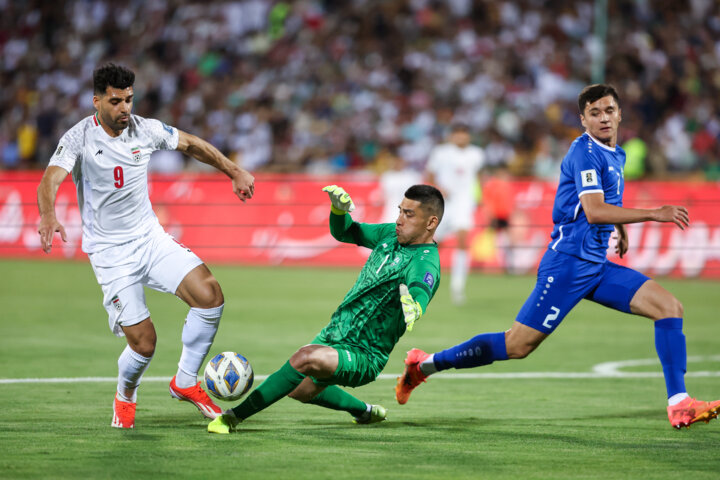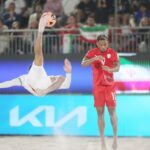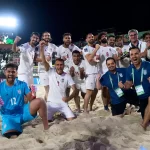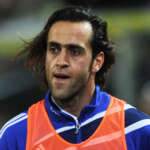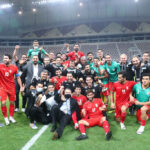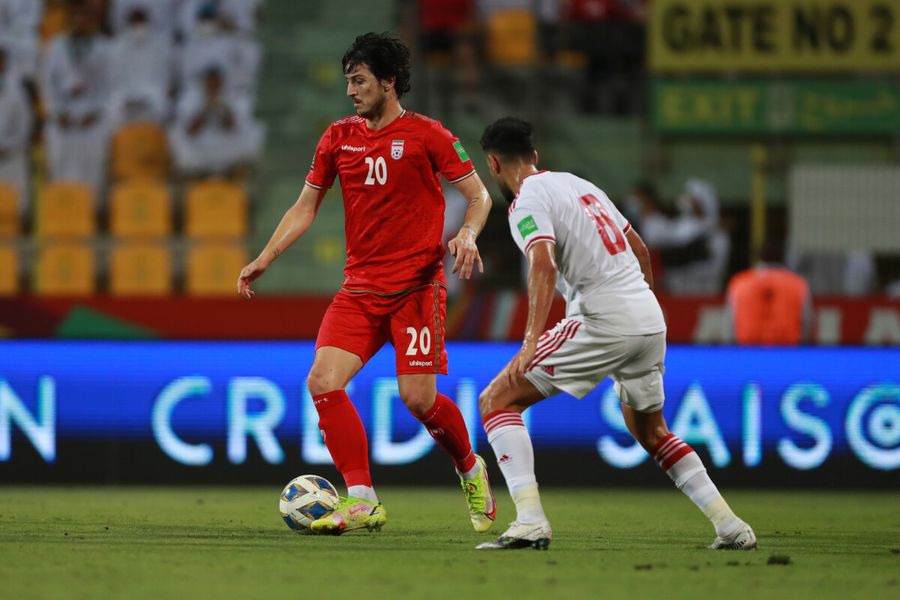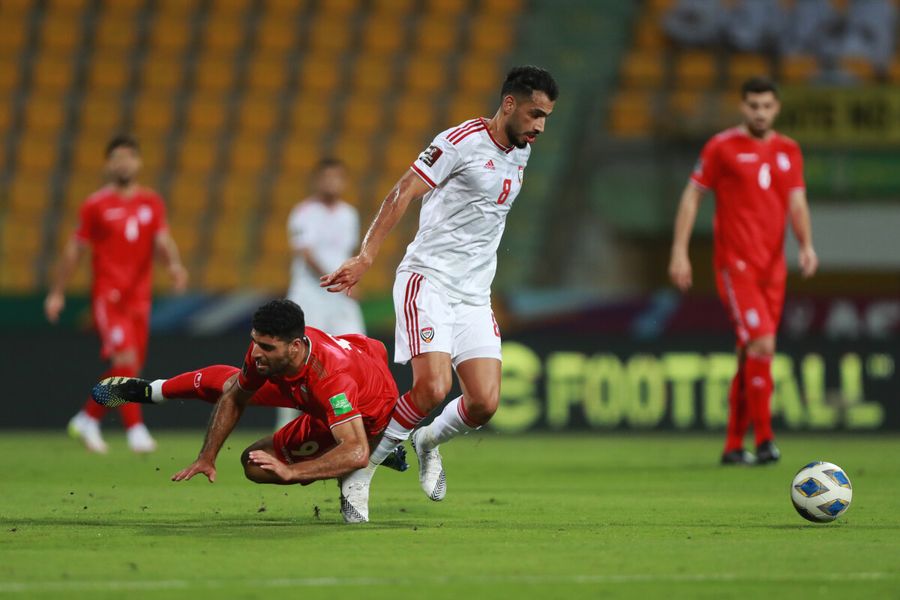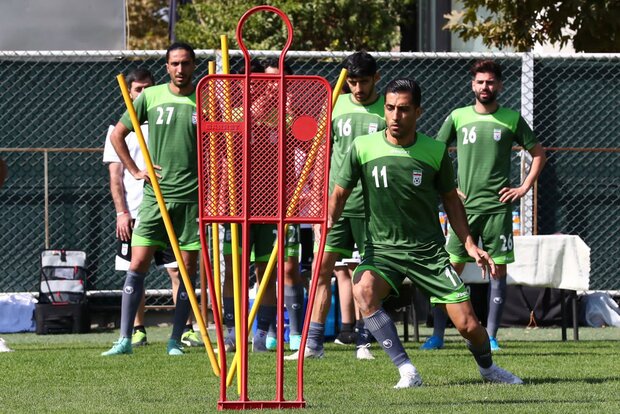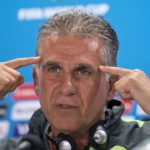Iran’s Team Melli Triumphs 4-1 Over Qatar in World Cup 2026 Qualifier
Team Melli soared to the top of Group A in the FIFA World Cup 2026 Round 3 qualifiers after a commanding 4-1 victory over Qatar on Tuesday. The win was powered by braces from Sardar Azmoun and Mohammad Mohebbi.
The match began with an early scare for Iran when, in the 17th minute, Almoez Ali broke free from his marker, Ali Nemati, and fired a shot into the roof of Alireza Beiranvand’s goal to put Qatar ahead. Iran responded late in the first half with Azmoun’s powerful header, which left the Qatari goalkeeper rooted to the spot. Omid Nourafkan delivered a precise cross from the left, and Azmoun’s clinical finish drew Iran level. Before that equalizer, Azmoun came close by rattling the crossbar, marking Iran’s best chance in the first half. Despite this, the opening 45 minutes ended in a 1-1 stalemate, with neither side fully controlling the game.
In the second half, Iran took command with fluid passing and excellent ball distribution, creating multiple chances and dictating the pace against the reigning AFC Asian Cup champions. Just three minutes into the half, Qatar’s goalkeeper Meshaal Bersham collided with his own defender while attempting to clear the ball, gifting Azmoun an easy opportunity to tap home his second goal and put Iran ahead.
In the 66th minute, Mohammad Mohebbi further deflated Qatar’s hopes with Iran’s third goal. A well-placed through ball found Azmoun just inside the Qatari half, and his blistering run into the box ended with a perfectly timed pass to the onrushing Mohebbi, who slotted the ball into an open net.
Mohebbi sealed the victory late in stoppage time with a second goal, heading home from Nourafkan’s corner to make it 4-1. The win lifted Iran to the top of the group, surpassing Uzbekistan on goal difference.
This was a crucial and comprehensive win for coach Amir Ghalenoei, who had been facing criticism and pressure to shake up the lineup amid injuries, suspensions and dips in form. Despite a few key absences, the coach fielded a balanced and powerful lineup. Mohammad Karimi, Nourafkan, and Nemati, despite Nemati’s early lapse that led to Qatar’s opener, performed well in their roles as replacements, proving Ghalenoei’s tactics effective on the day.


